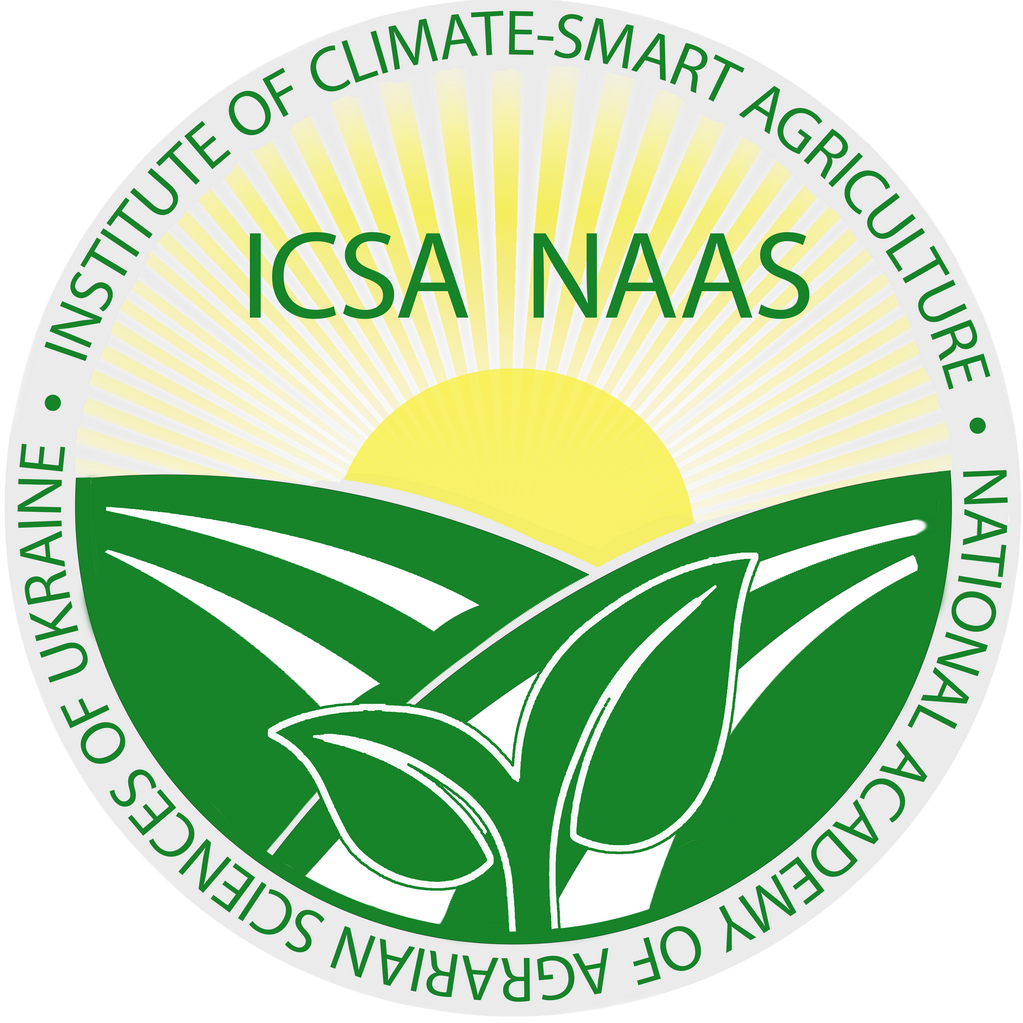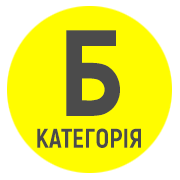Legal foundations for the implementation of artificial intelligence in accounting and management of the agricultural Sector
Abstract
The purpose of this study is to substantiate the conceptual foundations of regulatory and legal frameworks for the implementation of artificial intelligence (AI) in the management system of Ukraine’s agricultural sector, taking into account international experience. The research also aims to identify key barriers, gaps, and prospects for adapting the Ukrainian legal framework to the current challenges of digital transformation in agribusiness. Methods. The study employs an interdisciplinary approach that integrates elements of legal analysis, comparative law, institutional economics, and management sciences. The method of systems analysis is used to identify interconnections between components of AI regulation and the structure of agricultural governance. Comparative legal analysis is applied to examine legislative initiatives in the USA, EU (particularly the EU AI Act), and Ukraine. Content analysis is used to study scientific publications, strategic documents, and government policies. Inductive and deductive methods are employed to formulate conclusions regarding national regulatory features.Expert evaluation is used to classify key barriers and risks within the regulatory environment. Results. The research systematizes the main challenges of regulatory support for AI implementation in agricultural management in Ukraine. It reveals fragmented legislation, the absence of specialized norms regarding liability for algorithmic decisions, a lack of standardized agricultural data, limited digital capacity among small enterprises, and weak integration of ethical principles.Based on international experience, the study proposes directions for harmonizing Ukrainian legislation with the EU AI Act, developing sectoral codes of ethics, establishing certification mechanisms for AI systems, and promoting digital inclusion.Conclusions. AI regulation in the agricultural sector should evolve from a restrictive mechanism into a tool for stimulating innovation, enhancing management efficiency, and ensuring sustainable development. The institutional architecture currently emerging in Ukraine lays the groundwork for integrating international standards but requires further systemic adaptation to the conditions of the digital economy and the specific needs of agricultural production.
References
2. Petcu M.A., Sobolevschi-David M.-I., Curea S.C., Moise D.F. Integrating artificial intelligence in the sustainable development of agriculture: applications and challenges in the resource-based theory approach. Electronics. 2024. №13, 4580. DOI: 10.3390/electronics13234580.
3. Talaviya T., Shah D., Patel N., Yagnik H., Shah M. Implementation of artificial intelligence in agriculture for optimization of irrigation and application of pesticides and herbicides. Artif. Intell. Agric. 2020. №4. Р. 58–73.
4. Smith M.J. Getting value from artificial intelligence in agriculture. Anim. Prod. Sci. 2018. №60. P. 46–54.
5. Gerasymchuk N., Prodanchuk M., Stoyanova- Koval S., Bratus H., Kudrenko N. Accounting and analytical aspects of functioning of enterprises in the context of the introduction of an artificial intelligence system. Naukovyi Visnyk Natsionalnoho Hirnychoho Universytetu. 2022. №4. P. 106-111. DOI: 10.33271/nvngu/2022-4/106.
6. Акулов Ю. В. Правове регулювання використання штучного інтелекту в цифровій економіці України: виклики, ризики та перспективи вдосконалення. Наукові записки Львівського університету бізнесу та права. 2024. №42. С. 62-67. URL: https://nzlubp.org.ua/index.php/journal/article/view/1407 (дата звернення: 02.07.2025).
7. Potryvaieva N., Dubinina M., Cheban Yu., Syrtseva S., & Luhova O. Digitalisation of accounting of agricultural enterprises: National and international experience. Ukrainian Black Sea Region Agrarian Science. 2024. №28(4). P.41-53. DOI:10.56407/bs.agrarian/4.2024.41.
8. Шигун М., Фурда В. Перспективи застосування штучного інтелекту в управлінському обліку. Цифрова економіка та економічна безпека. 2025. №1(16). С. 326-334. DOI:10.32782/dees.16-50.
9. Логоша Р.В., Лутковська С.М., Колесник Т.В., Шуберанський В.Е. Штучний інтелект як каталізатор ефективності в аграрному менеджменті та маркетингу в контексті євроінтеграції. Економіка, фінанси, менеджмент: актуальні питання науки і практики. 2024. № 4 (70). С. 7-24. DOI:10.37128/2411-4413-2024-4-1.
10. Хоча Н.В., Тенюх З.І., Пелех У.В. Технології штучного інтелекту в управлінському обліку. Наукові записки Львівського університету бізнесу та права. Серія економічна. Серія юридична. 2023. Вип. 39. С. 12-19. URL: https://zenodo.org/records/10033293 (дата звернення: 10.07.2025).
11. Вербівська Л.В. Застосування інструментів штучного інтелекту при управлінні конкурентоспроможністю підприємства. Проблеми сучасних трансформацій. Серія: економіка та управління. 2023. №10. С. 1-6 URL: https://reicst.com.ua/pmt/article/view/2023-10-04-06/2023-10-04-06 (дата звернення: 16.07.2025).
12. Інформаційний довідник Агробізнес України 2023/24. Latifundist та Креді Агріколь Банк. URL:https://agribusinessinukraine.com/ (дата звернення: 16.07.2025).
13. Цифрове агро 2024. URL:https://www.aggeekaggency. com/digitalagro (дата звернення: 16.07.2025).
14. Про наукову і науково-технічну діяльність: Закон України від 26.11.2015 № 848-VIII URL:https://zakon.rada.gov.ua/laws/show/848-19#Text (дата звернення 09.06.2025).
15. Про інноваційну діяльність: Закон України від 04.07.2002 № 40-IV URL:https://zakon.rada.gov.ua/laws/show/40-15#Text (дата звернення 09.06.2025).
16. Національну програму інформатизації: Закон України від 01.12.2022 № 2807-IX URL:https://zakon.rada.gov.ua/laws/show/2807-20#Text (дата звернення 09.06.2025).
17. Про електронну ідентифікацію та електронні довірчі послуги: Закон України від 05.10.2017 № 2155-VIII URL:https://zakon.rada.gov.ua/laws/show/2155-19#Text (дата звернення 09.06.2025).
18. Про захист інформації в інформаційно-комунікацій- них системах: Закон України від 05.07.1994 № 80/94- ВР URL: https://zakon.rada.gov.ua/laws/show/80/94-%D0%B2%D1%80#Text (дата звернення 09.06.2025).
19. Про електронні комунікації: Закон України від 16.12.2020 № 1089-IX. URL: https://zakon.rada.gov.ua/laws/show/1089-20#Text (дата звернення 09.06.2025).
20. Про інформацію: Закон України від 02.10.1992 № 2657-XII. URL: https://zakon.rada.gov.ua/laws/show/2657-12#Text (дата звернення 09.06.2025).
21. Концепція розвитку штучного інтелекту в Україні, затверджена розпорядженням Кабінету Міністрів України № 1556-р від 2 грудня 2020 року. URL: https://zakon.rada.gov.ua/laws/show/1556-2020-%D1%80#Text (дата звернення 09.06.2025).
22. Дорожня карта регулювання штучного інтелекту, розроблена Міністерством цифрової трансформації України протягом жовтня 2023 – червня 2024 років. URL: https://www.kmu.gov.ua/news/rehuliuvannia-shtuchnoho-intelektu-v-ukraini-mintsyfry-prezentuvalo-dorozhniu-kartu (дата звернення 09.06.2025).
23. Біла книга регулювання штучного інтелекту: бачення Мінцифри. Версія для консультації. Червень 2024. URL: https://thedigital.gov.ua/storage/uploads/files/page/community/docs.pdf. (дата звернення 09.06.2025).
24. Склад Робочої групи з правового регулювання штучного інтелекту та рекомендацій до законодавства. Національна асоціація адвокатів України. URL: https://unba.org.ua/news/8016-zatverdzheno-sklad-robochoi-grupi-z-pravovogo-regulyuvannya-shtuchnogo-intelektu-ta-rekomendacij-do-zakonodavstva.html (дата звернення 09.06.2025).
25. Цифрова Європа 2021-2027. URL: https://business.diia.gov.ua/finance/program/programa_es_cifrova_ evropa_2021_2027 (дата звернення 09.06.2025).

This work is licensed under a Creative Commons Attribution 4.0 International License.






